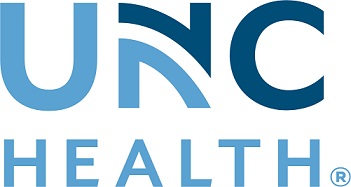Genes Found that Label Cell Proteins for Disposal
University of North Carolina Health Care SystemScientists at the University of North Carolina at Chapel Hill have discovered three genes crucial to the survival of cells, they reported in the April 23 issue of the journal Molecular Cell. The genes select cellular proteins for the disposal and eventual recycling of their components.
